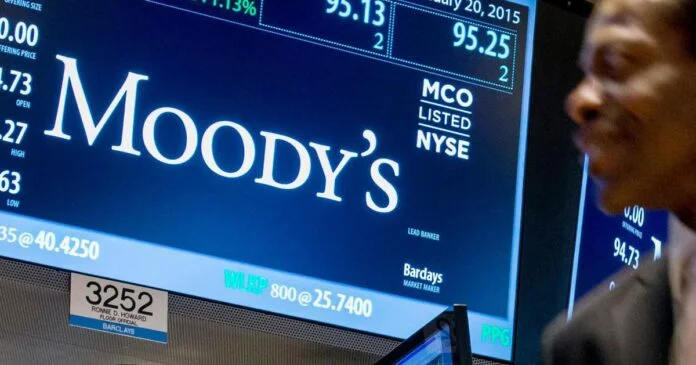Staff Reporter
Moody’s ratings agency issued a warning on Wednesday about the growing risks that retail investors pose to the U.S. economy by investing in private credit assets.
Since the onset of the pandemic, the share of U.S. and global credit markets has shifted from traditional banks to private credit firms, which now manage over $2 trillion in assets since their establishment in 2014, according to Moody’s report.
“Despite ongoing market volatility, alternative asset managers continue to launch funds aimed at attracting retail investors into private credit and other private assets,” Moody’s analysts stated.
Retail investment in private credit has surged since the pandemic, driven by an increase in open-ended evergreen funds, which have looser restrictions compared to traditional closed-end funds.
The popularity of exchange-traded funds (ETFs) focused on private credit has also risen. Moody’s noted that while this trend could “redefine access to private markets,” it requires appropriate safeguards.
Retail-focused ETFs and evergreen funds provide significantly more flexibility for accepting and redeeming investments than closed-end funds, according to the ratings agency. However, this flexibility carries risks similar to those seen in bank runs, such as those experienced by Silicon Valley Bank and other regional banks last year.
“Misalignment between liquidity terms and investor expectations could undermine trust in fund sponsors,” the analysts warned.
Additionally, risks arise from the loose covenants in evergreen fund credit agreements compared to those in closed-end funds.
“While retail capital could greatly expand private markets, effective liquidity management and transparency will be crucial for long-term success,” Moody’s emphasized.

